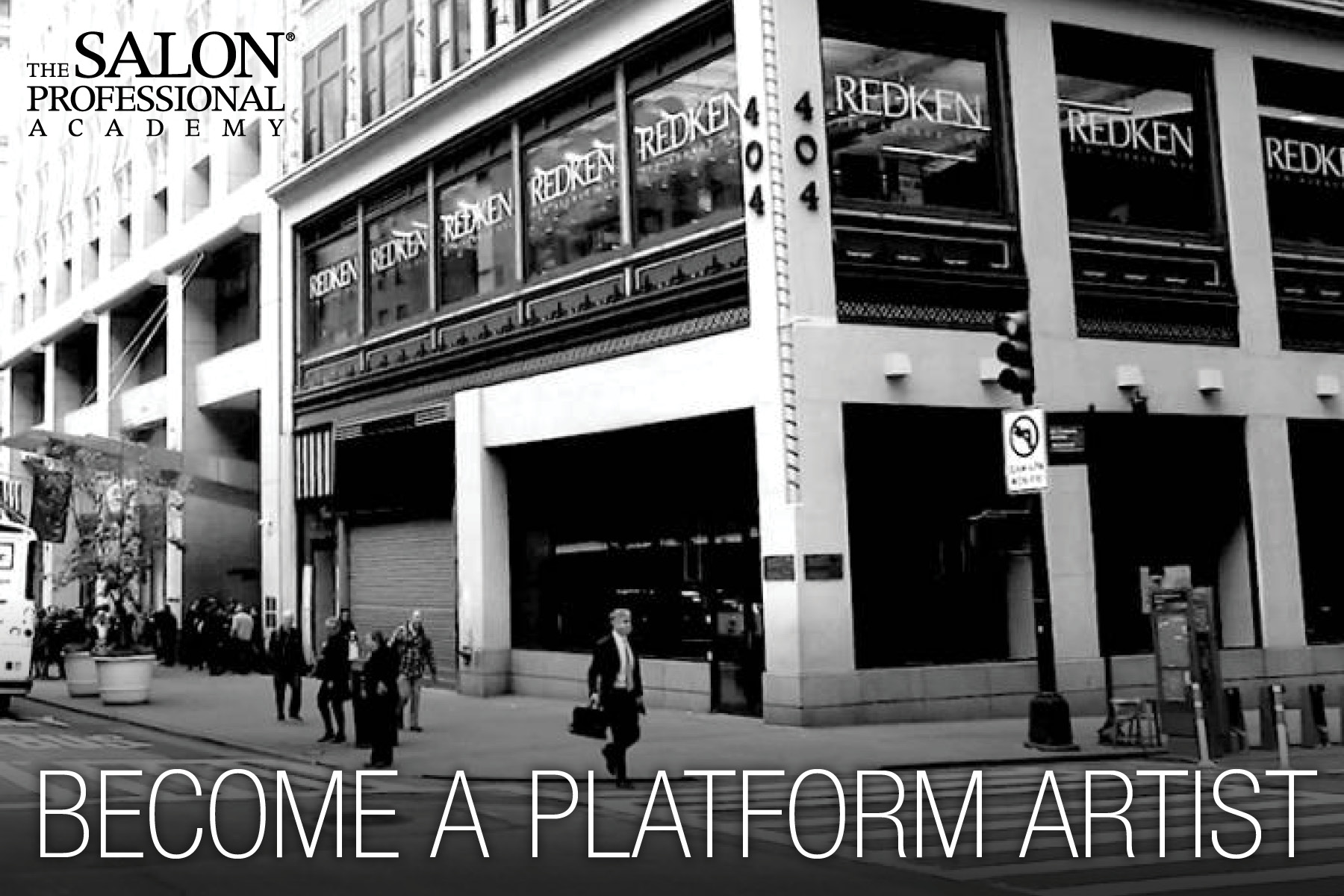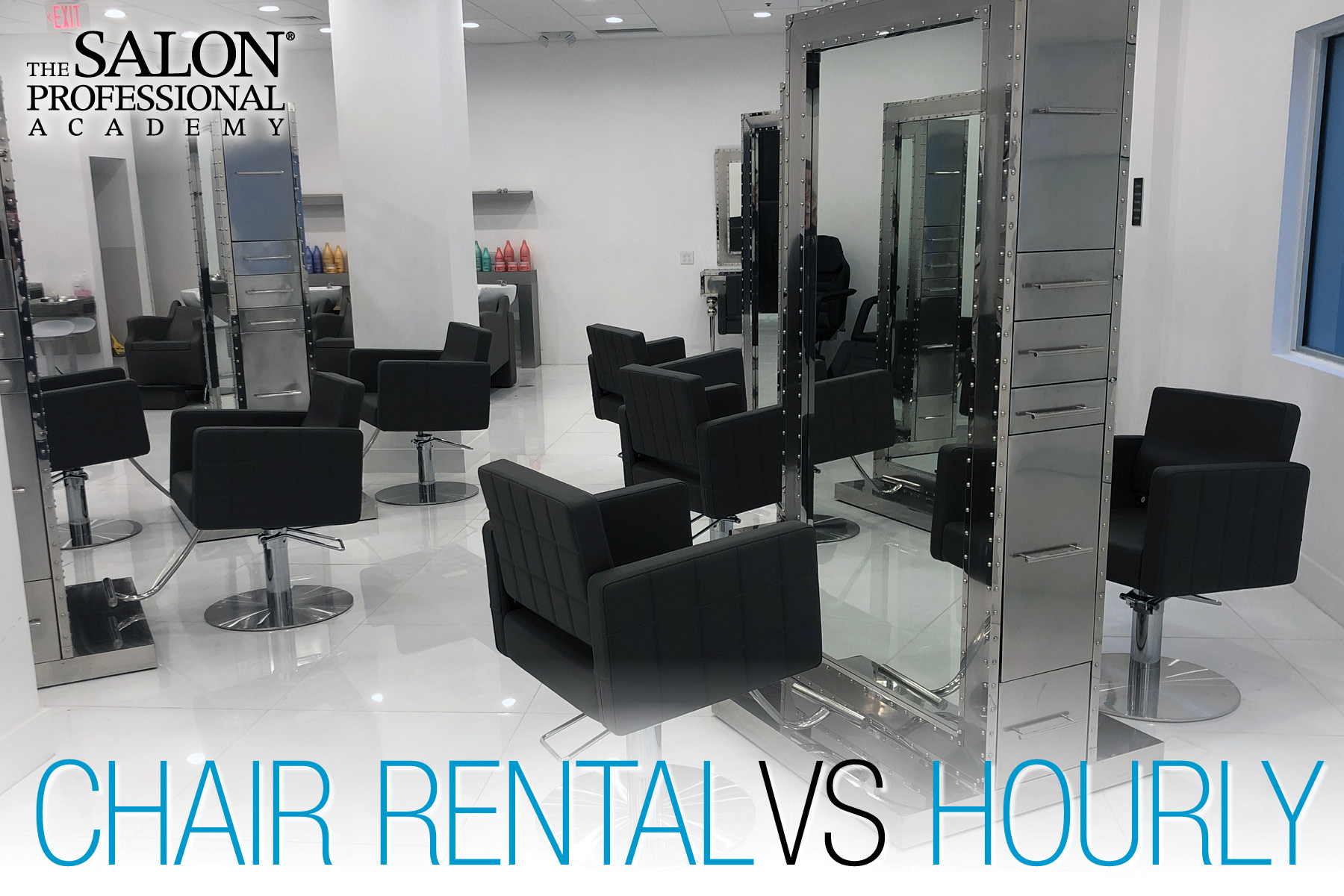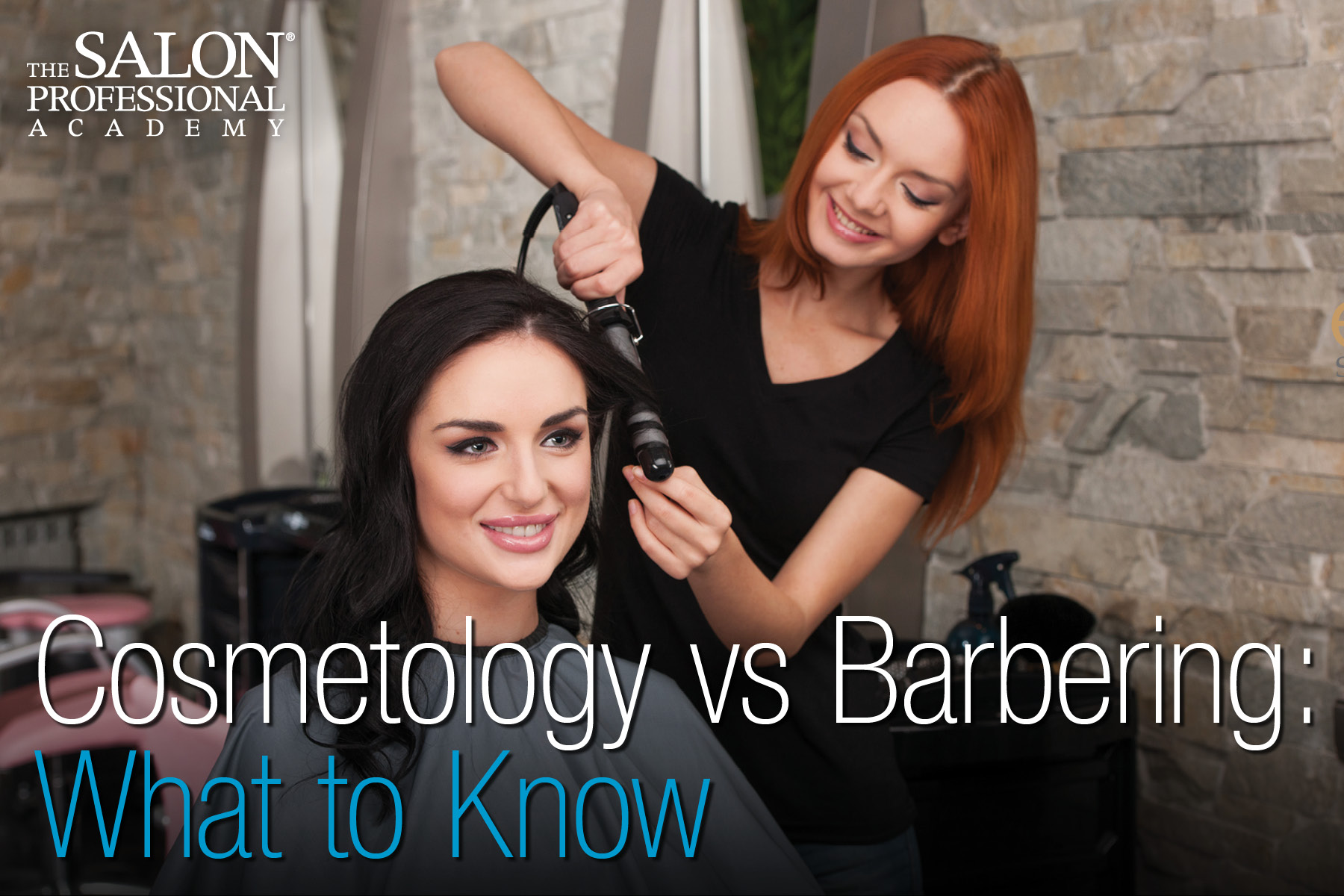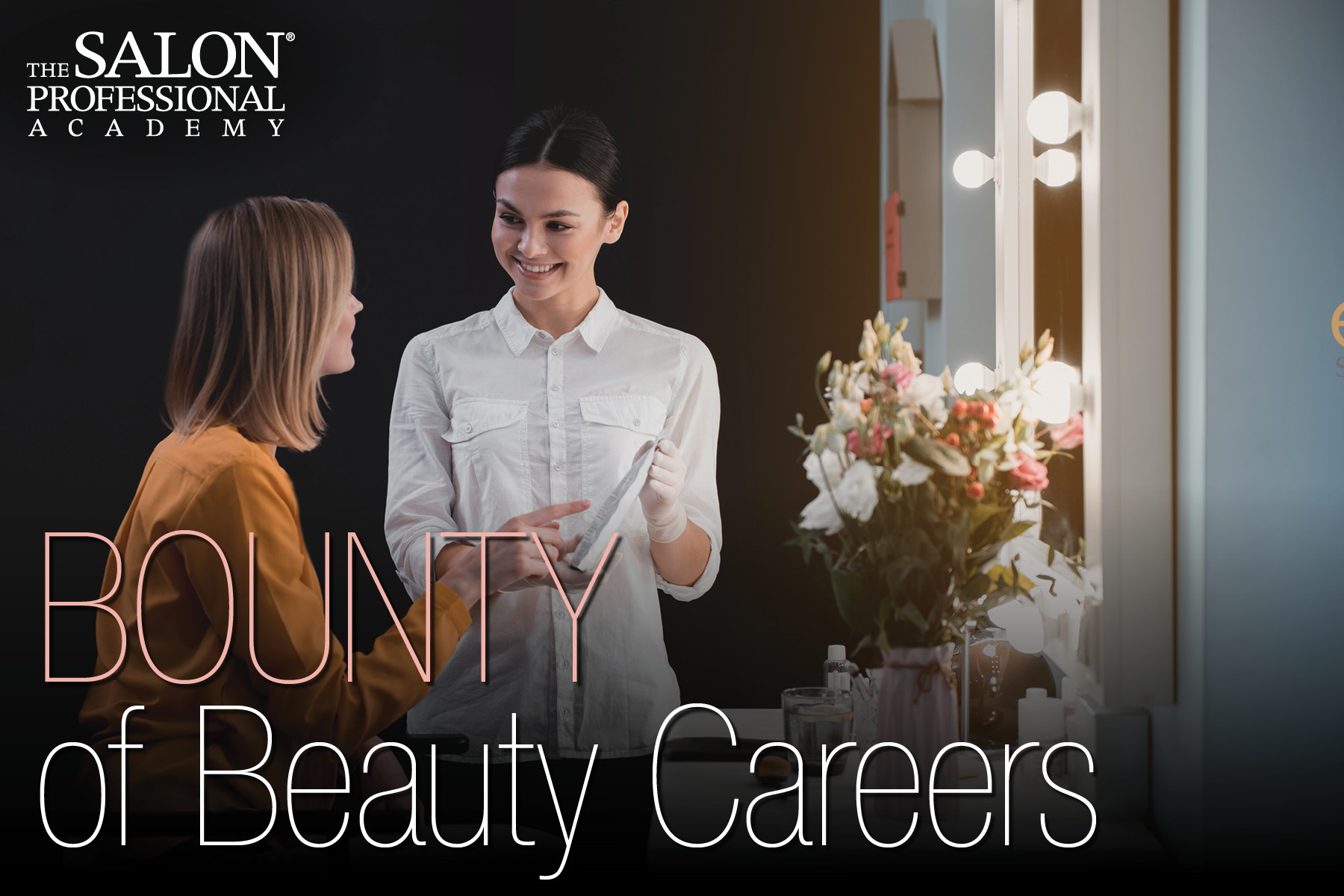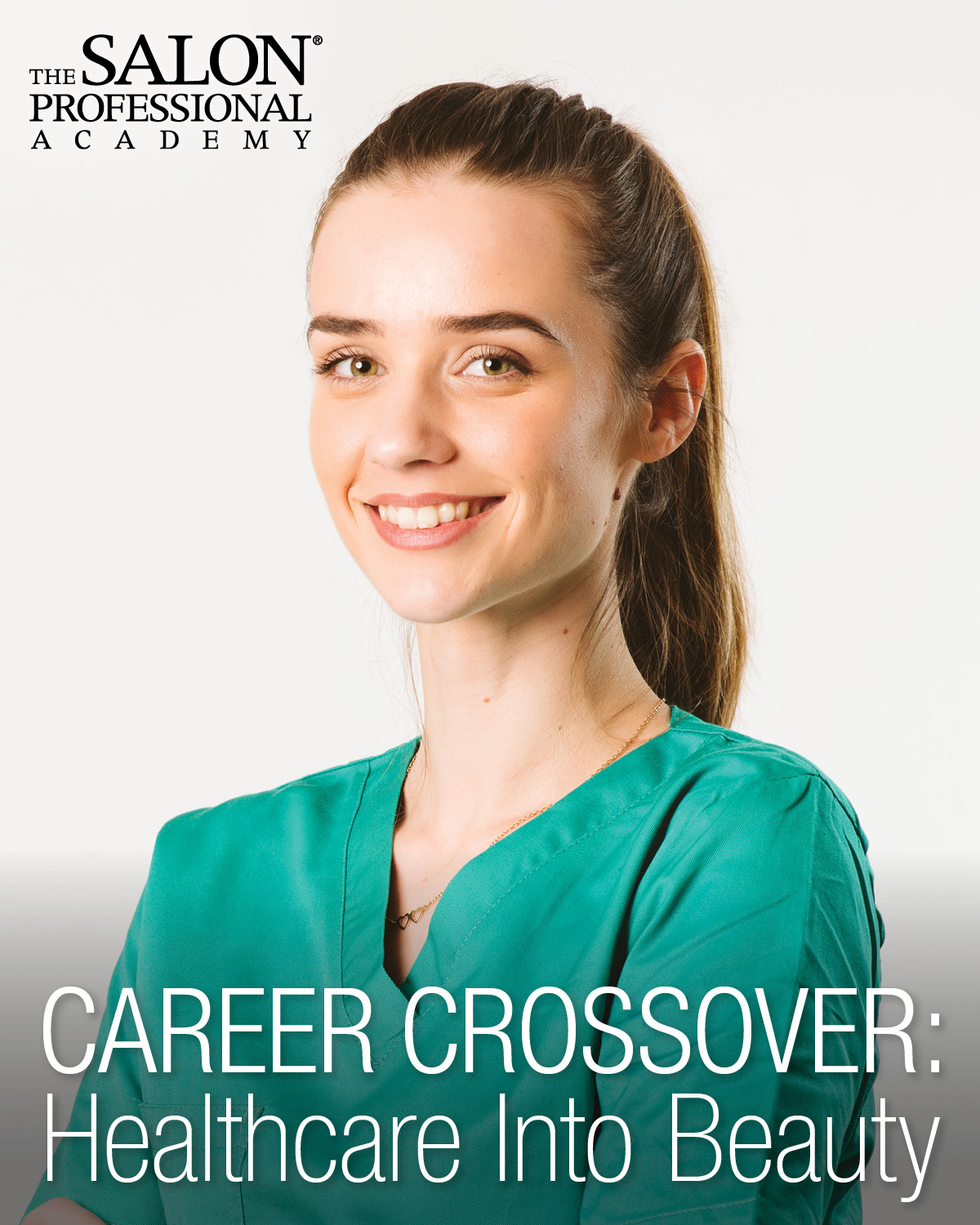At The Salon Professional Academy (TSPA), we understand the importance of education and training in the cosmetology industry. As an industry that has been around for centuries, cosmetology’s rich history has shaped how we view beauty today.
The Early Days
During the 16th century, cosmetology began gaining prominence in France. Women began using complex hairstyles and makeup to showcase their social status, and the demand for beauty services increased. This led to the creation of the first cosmetology schools in France, where salons began teaching their techniques to apprentices.
The Rise of Beauty Culture
The beauty industry began to thrive in the United States during the 1920s and 1930s, with Hollywood films and the rise of beauty culture. As a result, cosmetology schools began to pop up across the country, offering training in hairdressing, makeup, and other beauty services.
The Modern-Day Industry
Today, cosmetology schools are an essential part of the beauty industry. Most schools, including TSPA, are accredited by the National Accrediting Commission of Career Arts and Sciences (NACCAS) and offer programs ranging from a few months to two years. With comprehensive training in a wide variety of beauty services, graduates can enter into a variety of careers, from hair stylist to makeup artist, esthetician to nail technician, and more.
The Benefits of Cosmetology School
Attending TSPA can provide aspiring beauty professionals with not only the knowledge and skills but also the confidence and expertise they need to succeed in the industry. Graduates may open their salons and businesses and ride the ever-changing emerging trends and techniques.
A Look to the Future
As the cosmetology industry continues to evolve, TSPA keeps up with the latest trends and techniques, providing students with the most up-to-date training and education. Additionally, as eco-friendly and sustainable beauty becomes more popular, TSPA also allows students to learn and practice these innovative beauty practices.
The history of cosmetology school is a rich and fascinating one. At TSPA, we strive to continue to shape the industry’s future by staying up-to-date with advances in the industry and producing graduates who hold the highest standard of excellence.
Contact admissions to find out if TSPA is the right fit for you. Call (812) 437-8772 or email admissions@tspaevansville.com



